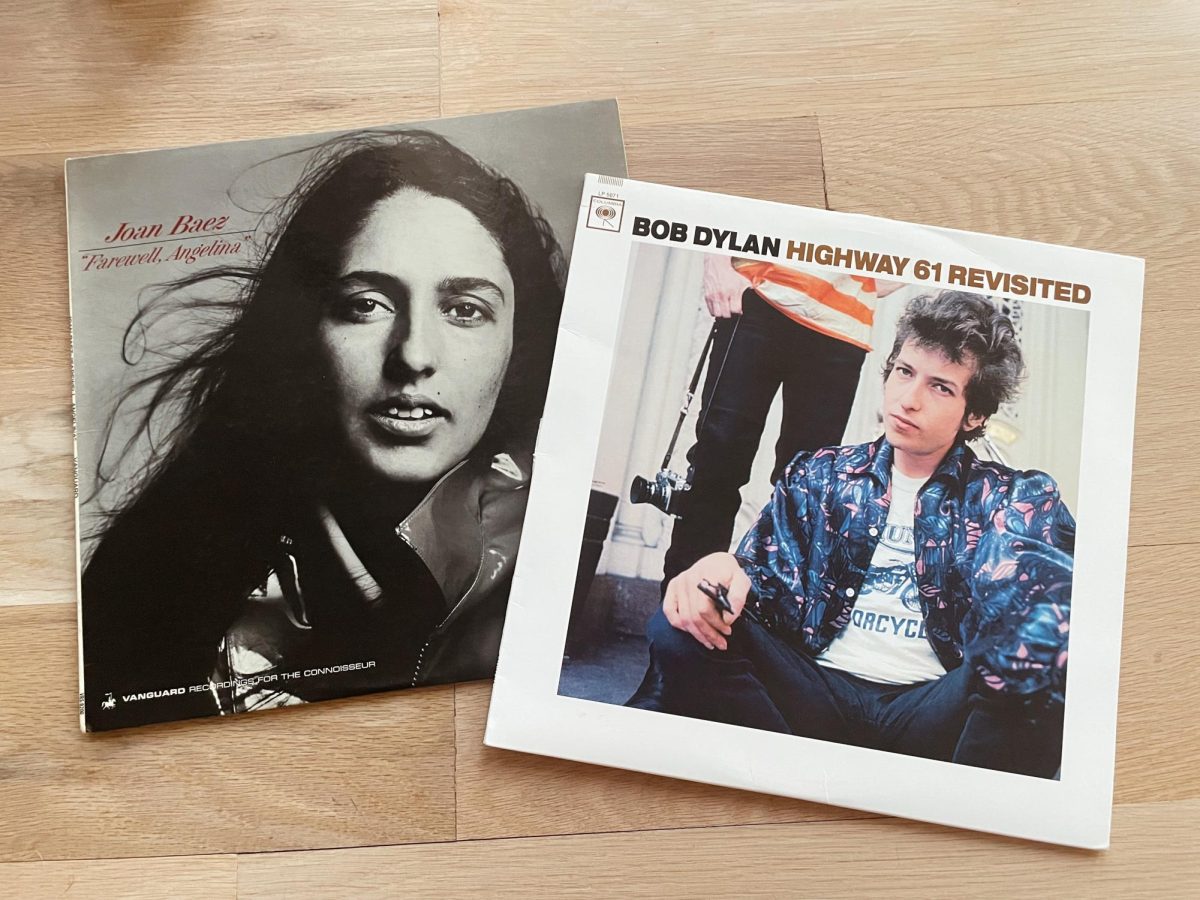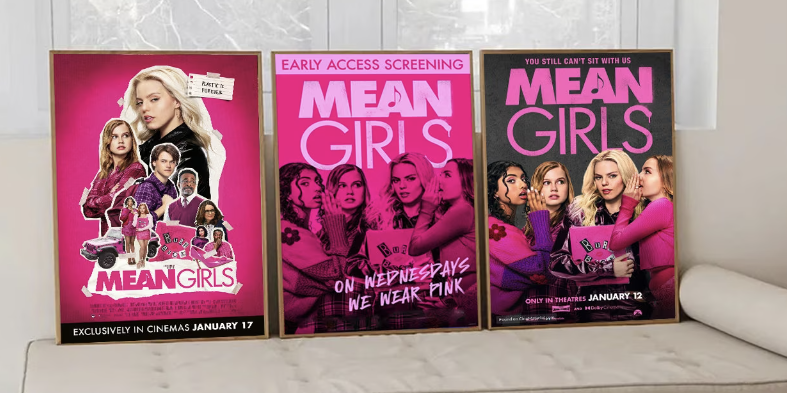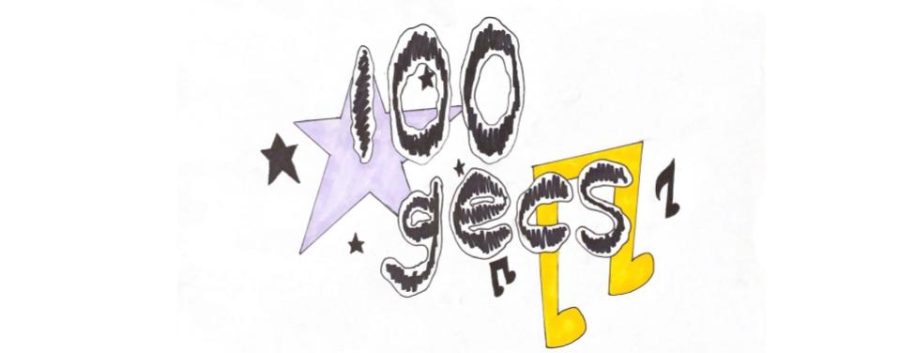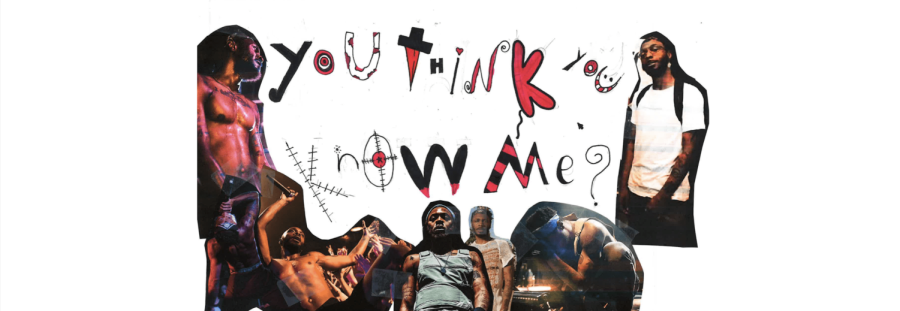Slider image from Wikimedia Commons.
The 2016 presidential campaign has been a sensory overload of sound bytes, slogans, and propaganda. These quipped, ubiquitous messages instantaneously inundate our consciousness and disappear in seconds. They leave us with an unpleasant taste in our mouth and little time to process the facts–or myths–we’ve just consumed.
Is there a way for the American public to escape from the vitriol of this unusual campaign season? While it is, perhaps, easier to write off the entire election as a joke and a disgrace, turn off our television screens, and watch some good ole’ re-runs of “Friends,” there are, of course, other options.
Thanks to Frontline and PBS, the American public can find asylum in “The Choice 2016,” a documentary by Michael Kirk and written by Kirk and Mike Wiser. Accompanying each presidential election since 1988, Frontline has produced “The Choice,” a long-form documentary investigating the two major-party candidates. This year, “The Choice” provides insight into the experiences that shaped Mr. Donald Trump and former Senator Hillary Rodham Clinton. The film follows the trajectories of Trump’s and Clinton’s personal and professional lives beginning in childhood.

The film follows Trump’s itching for the key to the White House ever since the 2009 Correspondent’s Dinner. For weeks, Trump vociferously slandered President Barack Obama, claiming that he wasn’t born in the United States. In retaliation, the smooth-talking president used the dinner as a venue for an unrelenting lampooning of Trump, eliciting laughs from every glitzed-up member of the audience excepting his subject. The bow-tied TV host seethed–an unconventional White House Correspondent’s Dinner reaction to the standard innocuous roasting. When Trump won the Republican nomination, he recovered some of the manhood he had been robbed of by the first black president.
I would hardly call Clinton’s path to the nomination conventional either, but for largely different reasons. Unlike Trump’s impulsively ego-driven resolve to run for president, Clinton’s developed over time. The film introduces the incipience of her political career by showcasing an interview with Clinton, where she is prodded as to why she doesn’t fit the classic “image” of an arm-candy Arkansan Governor’s wife, she responds coolly in her hip 80’s glasses that she believes “each person should be judged on his or her own merits.” Still, she wound up conforming and taking her husband’s surname when her image as an uppity, non-Southerner cost him his second term bid for gubernatorial re-election in 1981. With this nominal rebranding, her labels evolved: “shrewd,” “calculating,” and “overly concessive” took the place of “uppity” and “radically liberal.”
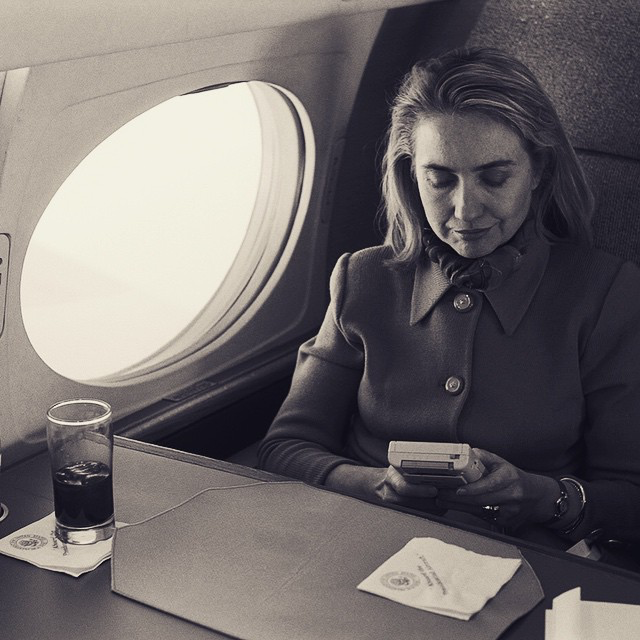
The documentary does not stray from the parameters of the “Fairness Doctrine” (eliminated by the FCC in 1987), which would have mandated equal time to each candidate. Its fairness in time allotment does not, however, lend itself to equivocation on either of the candidate’s behalfs. At no point throughout the 2-hour film did I feel as though I were watching a product of false balance, defined as the “practice of journalists who, in their zeal to be fair, present each side of a debate as equally credible, even when the factual evidence is stacked heavily on one side.” The same detail-oriented investigation, close-ups, and collections of coverage are used to profile each contender. Past events, words, and choices comprising Trump and Clinton’s personas are showcased in “The Choice,” but they don’t provide much of a choice. Not having lived through the Cultural Revolution of the 60’s and having an extremely limited recollection of the early 21st century, I am limited in my understanding of these public figures.
That being said, “The Choice” distilled their characters for me. I found myself feeling more sympathetic toward Clinton. I found myself better able to comprehend the origins and contributors toward Trump’s pathological personality. Understanding? Sure. Sympathetic? Not enough to trust him with my country.
The views and opinions expressed in this article are those of the authors and do not necessarily reflect the position of HBHA’s student publication. The editorial student staff of the “Rampagewired” places the highest value on student-run journalism and responsible, free expression. The “Rampagewired” accepts unsolicited opinion pieces for its Op-Ed page from students, staff, and the community. Columns typically run 750 to 1,000 words in length. Those most likely to be published deal with timely and newsworthy issues in a well-reasoned, incisive, balanced, and compelling way, and, in the case of already well debated topics, they should present a new perspective. Contact: [email protected] or [email protected]










































































